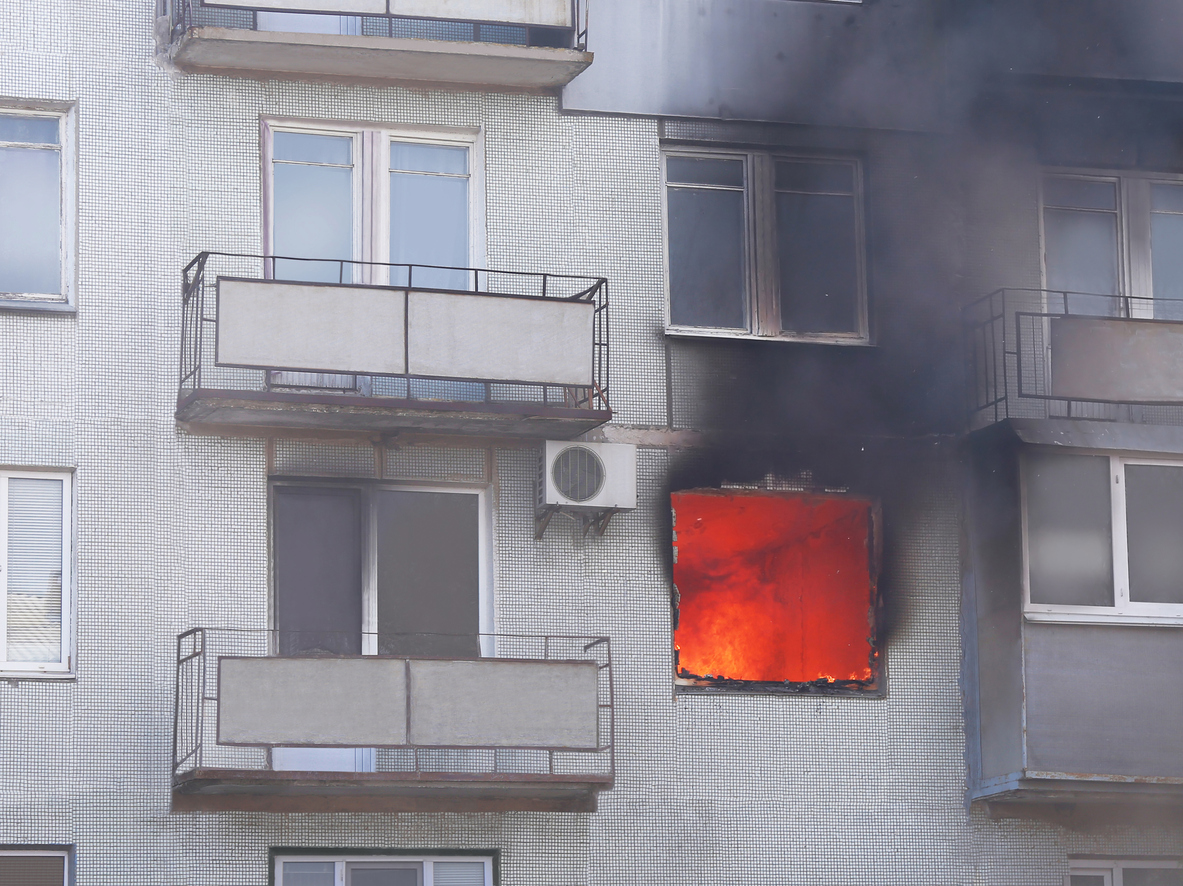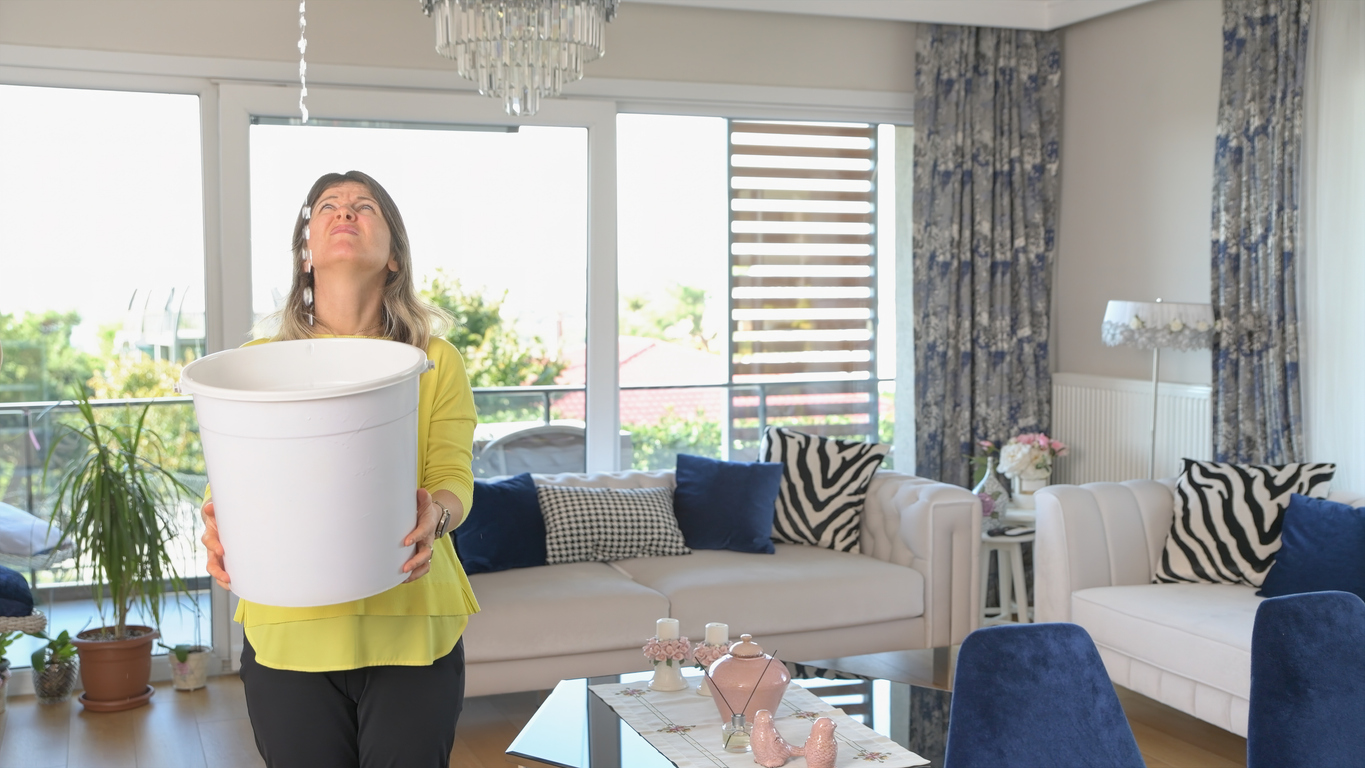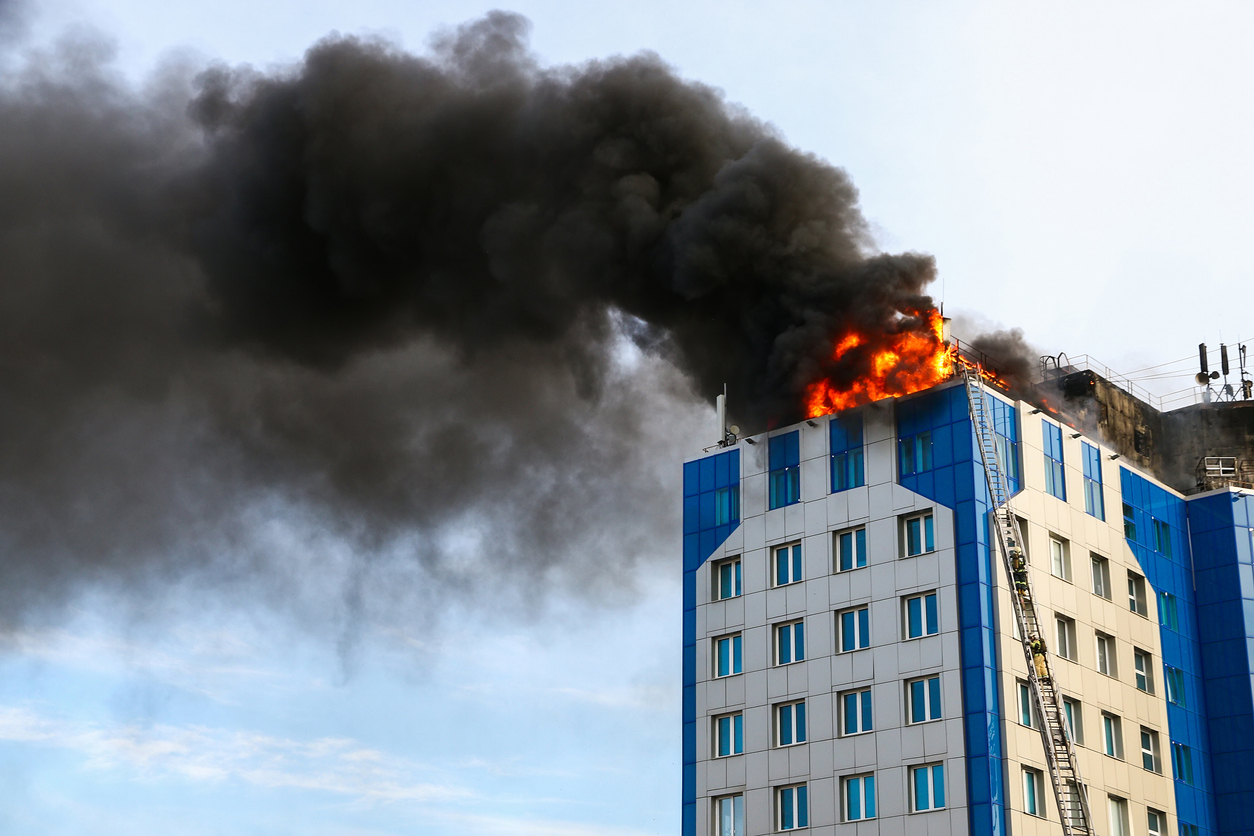After an insurance loss at a condominium complex, who is responsible for the insurance claim? There are usually two policies that come into play – the association’s policy, known as the Master Policy, and the unit owner’s policy.
Given our expertise on condominium matters, we often get calls from unit owners who want to hire us. And we want to help! However, we can’t always do so. This is because of a combination of Condominium Bylaws and the requirements of the Association’s Master Insurance Policy. Most of the time, the Condominium Association’s policy is the primary policy. Therefore, instead of the unit owner being able to hire a public adjuster, it is the condo’s Board, or its Trustees – or sometimes the property management company acting on behalf of the Board – that selects the public adjuster and retains the PA’s services.
Basically, once the building damages exceed a certain dollar amount – as reflected by the deductible in the Master Policy – it’s the condo Board that makes the call. To understand this process, here is how SMW proceeds when approached by a condo unit owner seeking assistance.
- Review the master insurance policy
When we examine the condo’s Master Policy, we are looking to determine what the policy is going to cover. Most master policies throw the coverage back to the wording in the Condominium Bylaws. However, there are endorsements to the Master Policy that will override the Condominium Bylaws and provide coverage for all of the building damages, regardless of how the Bylaws read.
- Review the Condo Bylaws
The Bylaws tell us what the Master Policy is going to insure. For condominiums, there are basically three types of coverage: 1. Bare Walls 2. Original Spec; and 3. All-In. If the condo Bylaws require coverage that is All-In, then we know the policy should be covering anything that would remain there after everything gets destroyed (including, for example, improvements made by the unit owner). If the condo Bylaws are NOT All-In coverage, then we:
- Review the condo unit owner’s (individual) insurance policy
We check this to determine how much insurance the unit owner has for Building, Personal Property and Loss of Use. The building coverage will come into play to take care of the Master Policy’s deductible and may provide coverage that the Master Policy does not cover.
Once we know what the coverages are, we know the relevant deductible. If the Master Policy covers the condo on a Bare Walls basis – which requires unit owners to insure from the “studs in” – the unit owner is responsible for all their interior damage. This is obviously much different from the All-In policy. Either way, the unit owner better have adequate coverage. Typically, it’s All-In coverage, where most of the building insurance is on the Master Policy.
If the deductible on the Master Policy is, for example, $10K, that’s important. This means that as soon as damages exceed the amount of $10K, the condo Board MUST file a claim under the Master Policy OR pay the amount over the deductible.




